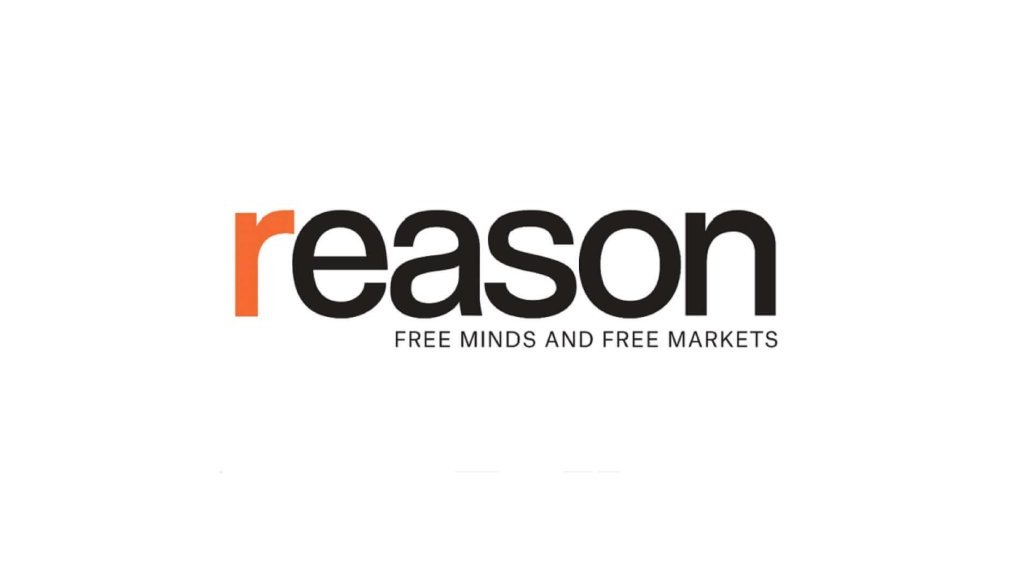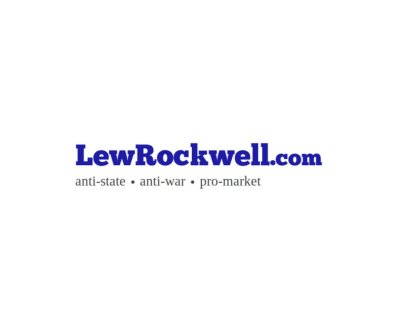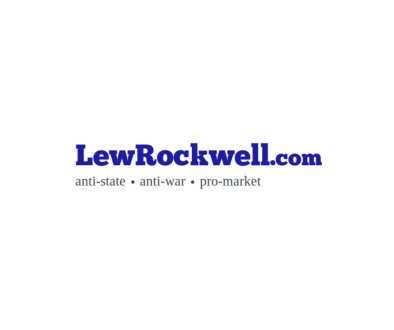Two Courts Have Ruled Against Trump’s Tariffs—but Not for the Same Reasons
On Wednesday, the U.S. Court of International Trade (CIT) permanently enjoined President Donald Trump’s tariff orders that invoke the International Emergency Economic Powers Act (IEEPA). On Thursday, the U.S. District Court for the District of Columbia also enjoined Trump’s tariffs, but it did so on different grounds. How these cases proceed through their respective circuits will determine whether these free trade victories will also be a win for the separation of powers.
In V.O.S. Selection v. U.S., the CIT found that the president has some tariff authority under the IEEPA. However, the CIT ruled that Trump’s tariffs exceeded the statutory authority of the law because the IEEPA does not grant “unbounded tariff authority to the President.” The U.S. District Court for the District of Columbia went further in Learning Resources v. Trump, ruling that the IEEPA grants the president no authority to modify the harmonized tariff schedule whatsoever.
In another disagreement between the two courts, the CIT ruled that the IEEPA’s provisions “impose meaningful limits on any such [tariff] authority it confers.” Judge Rudolph Contreras of the U.S. District Court for the District of Columbia found that the IEEPA does not include “language setting limits on any potential tariff-setting power.” Contreras rejects entirely “that, in enacting IEEPA, Congress repealed by implication
Article from Reason.com

The Reason Magazine website is a go-to destination for libertarians seeking cogent analysis, investigative reporting, and thought-provoking commentary. Championing the principles of individual freedom, limited government, and free markets, the site offers a diverse range of articles, videos, and podcasts that challenge conventional wisdom and advocate for libertarian solutions. Whether you’re interested in politics, culture, or technology, Reason provides a unique lens that prioritizes liberty and rational discourse. It’s an essential resource for those who value critical thinking and nuanced debate in the pursuit of a freer society.




